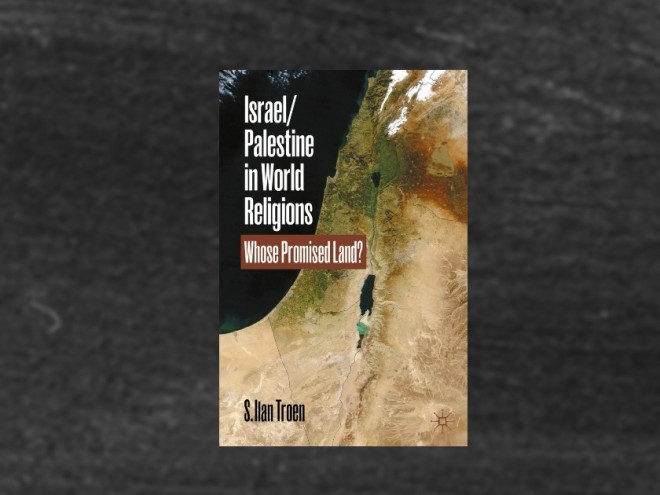In this scholarly examination of the impediments to peace between Israel and the Palestinians, Lassner, who teaches Jewish civilization at Northwestern University, and Troen, who teaches Israeli studies at both Brandeis University and Ben-Gurion University, note that any meaningful resolution of the conflict calls for an understanding of Arab culture leading to a real rather than stereotypical image of Arab society. Employing an interdisciplinary approach, the authors draw on their considerable knowledge of religion, ancient and contemporary history, as well as biblical scholarship to place the antagonism of both sides to one another in an understandable context.
If the current peace process is to achieve results, the authors argue that it will require “a new convergence of Muslim and Jewish historical consciousness, not one based on Muslim triumphalism and Jewish compliance as in the past, but on mutual respect.” Because both sides evoke history and religion to justify their right to the land, the road to peace may be a long and distant one. In the authors’ chapter on the Islamic movement and the role it plays in the conflict, they note that more than anything else, the very presence of Israel on sacred Muslim soil has served to foster national consciousness and a sense of unity in the Palestinian territories as well as in the rest of the Arab world. The authors note that following the 1948 war, when Jordan annexed the West Bank, and Egypt occupied Gaza, it did not lead the Palestinians to demand their own state. Rather following the June 1967 war, when Israel occupied both the West Bank and Gaza did a Palestinian national consciousness emerge.
Lassner and Troen devote many chapters to describing how the past bears on the present between the adversaries. In one of their most controversial arguments, the authors write:
“It seems remarkable that without ever having had a national polity, language, or historic identity that could be described as distinctively Palestinian, the current generation of Palestinian Arabs has literally invented and legitimized Palestinian nationhood.”
In the process, Palestinian scholars have gone to great lengths to negate the connection between the Jews of the ancient world and present day Jewry. Add to this the emphasis that Islamists make in regard to the perfidy of Jews as they selectively read the Koran and other religious works, and you have a great many obstacles to overcome before one can negotiate such issues as boundaries, the status of Jerusalem, and the right of the Palestinian refugees to return to present day Israel.
This is a remarkable work of scholarship and a valuable contribution to our understanding of the conflict.





